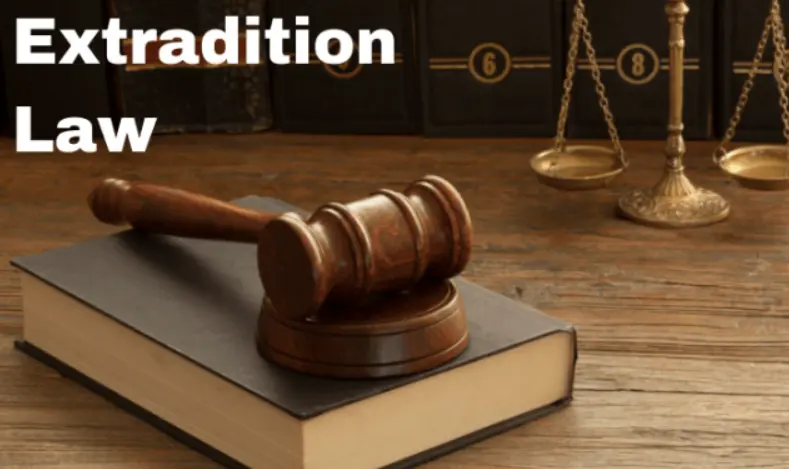Extradition is a legal process in which one jurisdiction transfers an individual who is accused or convicted of a crime to another jurisdiction. It is considered a critical aspect of international Fenforcement that enables countries to address issues related to transnational crimes. In this blog, we have discussed the extradition law for UK citizens with the help of regulations.
Framework of Extradition in the UK
The extradition law is governed by the Extradition Act of 2003, which discusses issues related to legal procedures and criteria for extradition requests. The Act divides countries into two categories: category 1 comprises EU member states, and category 2 comprises non-EU countries.
- Category 1 European Arrest Warrants (EAW)
The category is comprised of EU countries the extradition process is more efficient and fast as compared to category 2. After BREXIT the category 1 EAW is no longer applicable now the extradition cases are being handled through by TCA (Trade and Corporation Agreement).
- Category 2 Non-EU Countries
Category 2 is comprised of non-EU countries the extradition requests in Category 2 are based on bilateral treaties or multilateral conventions like the commonwealth scheme. In category 2 the scrutiny process is more detailed and before the extradition of a convicted person, it is necessary to consider the human rights implications and legal system in another country.
Extradition Process in the UK
There are several steps to be taken before the extradition of the person some are listed below.
- Receipt of Request
The first step is the receipt of a request from the other country, in the case of category 1 the request comes as a European Arrest Warrant for category 2 the request is in the form of a formal diplomatic request.
- Initial Hearing
The next step is the initial hearing. In this process, the accused person is brought in front of the court. The judge decides whether there is valid evidence against the person. The decision is made in light of the Extradition Act of 2003.
- Extradition Hearing
The third step is the extradition hearing after the initial hearing if the court finds the request is valid then the extradition hearing will start. The law provides the accused person the right to challenge the request on factors such as the risk of human rights violation and unfair treatment by the requested country.
- Appeal
After the court decision the accused has the right to file an appeal in the high court and some cases in the Supreme Court.
- Detention by the Home Secretary
In some cases, mostly in Category 2 cases, the Home Secretary has the authority to revoke the decision regarding the extradition.
For further advice please get in touch with our team today by calling 020 8538 0182 or +44 7857 809932, or you can email us on [email protected].
Please note these blogs are to enhance your knowledge and are not tailored advice, for specific advice please get in touch with our outstanding team.



